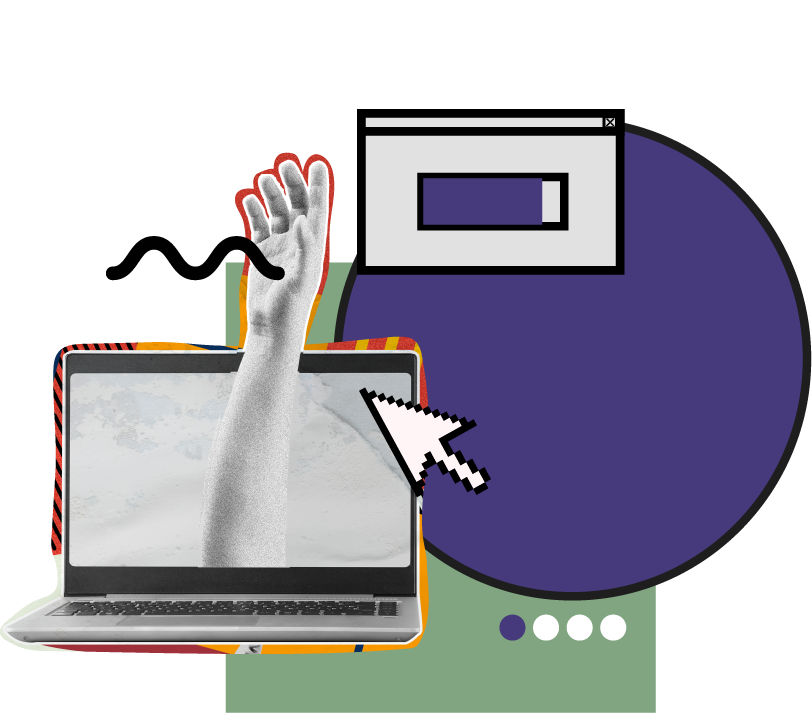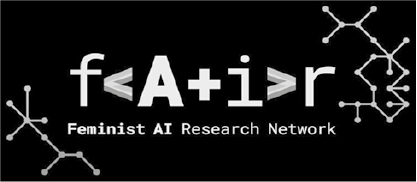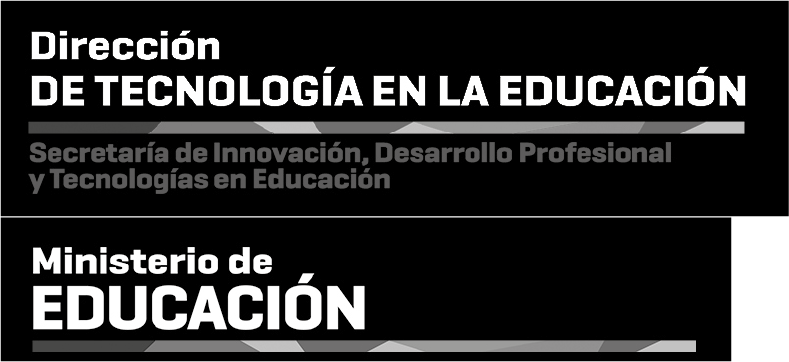
Marcos Gomez holds a PhD in Computer Science and is a professor at FAMAF. With ten years of experience teaching at the primary school level, he has gained deep insight into educators’ needs and content development. He develops educational materials, teacher training programs, and curriculum frameworks to bring computer science, AI, programming, and related subjects into classrooms across all grade levels, in collaboration with Fundación Sadosky. For this project, he joined forces with Fundación Vía Libre to help design this extension course.
“I believe the first session will be particularly meaningful, as we’ll introduce AI through a critical lens to this group of educators who are already engaged with the subject. My expectations for this extension course are high. With language models and AI becoming so prominent today, it’s absolutely vital to present this critical perspective – one that makes us examine the stereotypes and biases embedded in their development. I believe this course will prompt deep reflection among educators and enable them to incorporate these insights into their classroom practice.”
Emilia Echeveste holds a PhD in Education Sciences and is a Professor and Licensed Psychologist from the National University of Córdoba (UNC). She teaches at UNC’s Faculty of Exact, Physical and Natural Sciences, covering subjects like Educational Psychology and Epistemology in Scientific Methodology. As a professor in graduate programs and CONICET postdoctoral researcher, she investigates learning processes and pedagogy in basic sciences – particularly Computer Science – through a socio-anthropological lens.
“This training opportunity holds significant potential for education—particularly in Córdoba Province. The topic is highly relevant today, and I believe it will not only engage and motivate students but also provide educators with critical tools to examine current school dynamics. It directly connects to broader social shifts we’re experiencing, especially those tied to social media and search engines.”
Guido Ivetta is currently pursuing his PhD in Computer Science, specializing in bias in language models. He collaborates with Fundación Vía Libre’s research team while also serving as a professor at FAMAF.
“My focus is primarily on the technical side. My role is to demystify technology—people often feel intimidated about learning how AI works, and I want to help change that. EDIA is a well-functioning, user-friendly tool that students can grasp immediately. Students find this area fascinating, but it’s surprisingly absent from most high school curricula.”
Hernán Maina holds a degree in Computer Science and is currently pursuing his PhD at the National University of Córdoba (UNC). As a CONICET fellowship recipient, he was also one of the original developers of EDIA, the classroom tool that will be implemented in this program.
“I’ve always been fascinated by technological advances, especially in robotics and image processing. But in recent years, through my research and with the rise of virtual assistants like ChatGPT, my curiosity about how these large language models work under the hood led me to join a multidisciplinary team like Vía Libre. There, I had both the opportunity and the responsibility to develop much of the original programming for EDIA. Our goal now is to keep improving it and develop new features for the platform.”
Nair Carolina Mazzeo is a communications specialist and member of Fundación Vía Libre’s team. She holds a degree from the National University of Lanús (UNLa), with specialized training in political research and human rights.
“In a world increasingly shaped by artificial intelligence, the ability to critically evaluate, discern, and even challenge these AI tools has become essential for building a fairer society. This transformation must begin in our schools. Through my work in communications, I strive to bridge the gap—translating complex technical and scientific concepts into accessible knowledge for everyone.”
Beatriz Busaniche is an educator, activist, and President of Fundación Vía Libre, where she champions digital rights and technologies. She holds a degree in Social Communication from the National University of Rosario (UNR) and a Master’s in Intellectual Property from FLACSO Argentina. Currently, she teaches at the University of Buenos Aires (UBA), Torcuato Di Tella University, and FLACSO.
“At Vía Libre, we’re committed to reimagining technology as a tool in service to people and communities.This course aims to demystify the prevailing narratives around AI development and equip educators with concrete tools to question technologies that directly impact our collective lives.”
Laura Alonso Alemany is a linguist specializing in natural language processing with over 25 years of experience. As she puts it: “Coming from a non-technical background myself, I see my role as helping guide others along this path—starting from their own disciplinary expertise toward engaging with technical systems. The key isn’t to approach these tools through a purely technical lens, but rather to harness the unique skills and perspectives each person brings to the table.”
“I hope this workshop helps us uncover systematically discriminatory or harmful behaviors in language technologies. This doesn’t mean language models are inherently biased—rather, they often reinforce and normalize stereotypes we should challenge. My goal is for you to leave equipped with concrete tools and methodologies to conduct these analyses independently, empowering students and fostering collective critical engagement with technology.”
Luciana Benotti is a professor at FAMAF faculty of the National University of Córdoba and researcher in natural language processing (NLP). Her field focuses on building, evaluating, and advancing research in language models like ChatGPT. These language models are behind tools like Google Translate, search engines, and recommendation systems (Spotify, Instagram, etc.) She has been collaborating with Fundación Vía Libre’s AI research team for five years, while also teaching at FAMAF—where she leads introductory programming and graduate-level AI courses. While public awareness of language models is recent, Luciana has worked in NLP for over 20 years, training at Argentina’s National University of Comahue (Neuquén) and internationally at institutions in France and Italy.
“It’s crucial that these technologies be evaluated collectively. We need critical perspectives to understand their limitations—especially in schools, where these tools are increasingly embedded in daily life. Scientific outreach is equally vital, which is why I teach this course. It’s also crucial that different educational levels come together through dialogue to improve education.”






